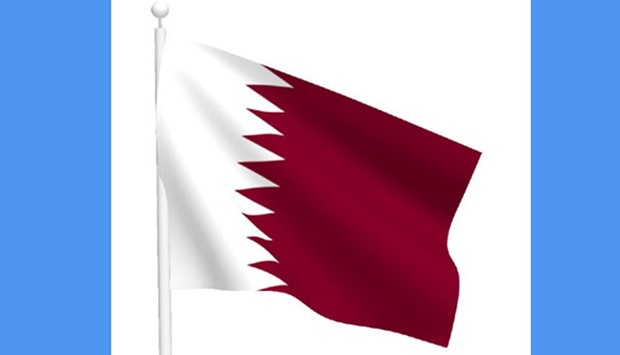HH Sheikha Moza bint Nasser, the Chairperson of Education Above All Foundation, has stressed the ability of education to transform and enlighten the lives of youth, and expressed regret over millions of children around the world who are not able to reach their potential because of conflict.
In an article in Time magazine, HH Sheikha Moza said one-quarter of all the world’s school-aged children, about 462mn young people, live in countries devastated by conflict.
Last month, the Unicef reported that more than one in five school-age children living in war zones are missing out on schooling. In most of these conflicts, schools, teachers and students are victims of targeted attacks.
There have been a series of attacks on schools in at least 21 countries experiencing armed conflict since 2013, Sheikha Moza noted.
She voiced concern over the alarming levels of conflict and humanitarian crises around the world that are endangering not only the United Nation’s global development goals, but also the credibility of the international order that the UN represents.
She noted that the UN Security Council is the body charged by the UN Charter to ensure international peace and security.
Yet this key institution is broken exactly where it is needed most: to hold those who commit mass atrocities and grave violations of international law to account. Time after time, members of the Security Council do not use their power of veto responsibly.
Perpetrators are not held to account for their actions and opportunities to prevent conflict and establish peace are lost, she added.
Sheikha Moza said that the October attack on a school in Idlib in Syria, that left 21 children dead and many others wounded after an educational complex, which included a kindergarten, an elementary school, two middle schools and a secondary school, was targeted is a possible war crime as described by a senior UN official.
Yet the Security Council failed to unite and condemn this atrocity, meaning that there have been no consequences for the perpetrators.
Until government armed forces and non-state armed groups are held accountable for attacking schools, the violations and the violence will not stop, Sheikha Moza underlined, stressing that to make children safe as they learn, all states must adhere to the international laws and resolutions that protect education and the rights of children.
Justice and security alone will not bring education to the millions of children who need it.
Moza underlined that quality education is well known to strengthen economies and improve health outcomes.
It also makes an important contribution to conflict prevention and post-conflict recovery for communities.
She stressed that those delivering the world aid development budgets should recognise the long-term value of investing in secure, quality education.
They should acknowledge the potential of education to prevent and heal conflict as well as build resilience within communities.

qatar flag
